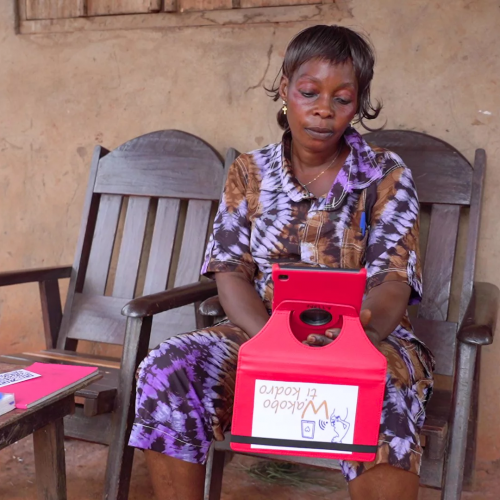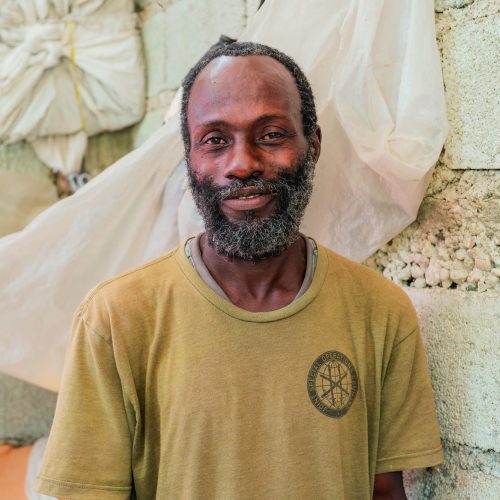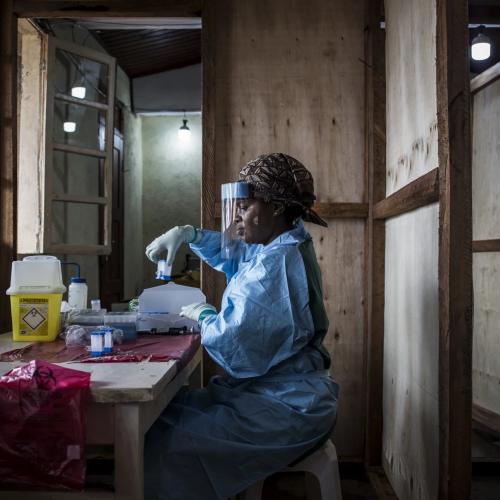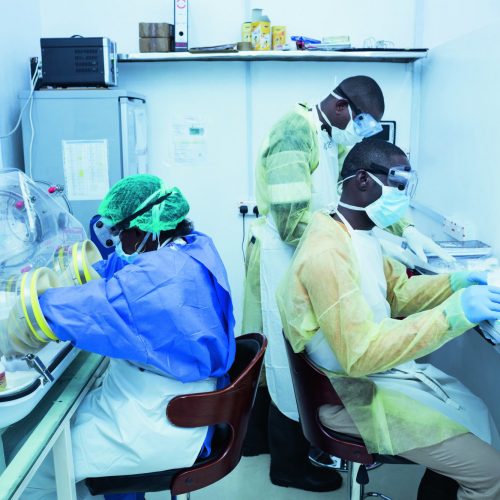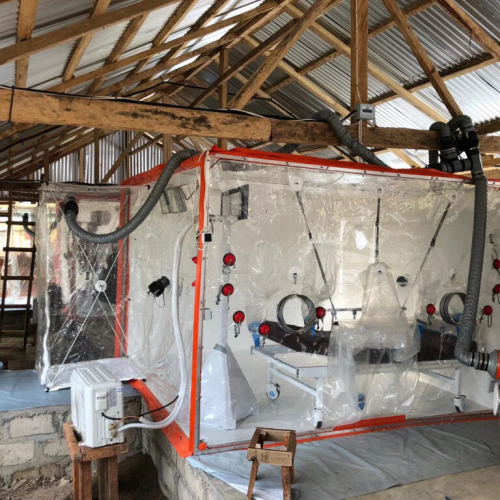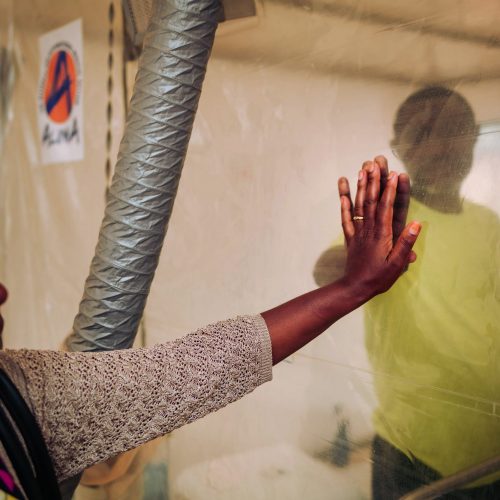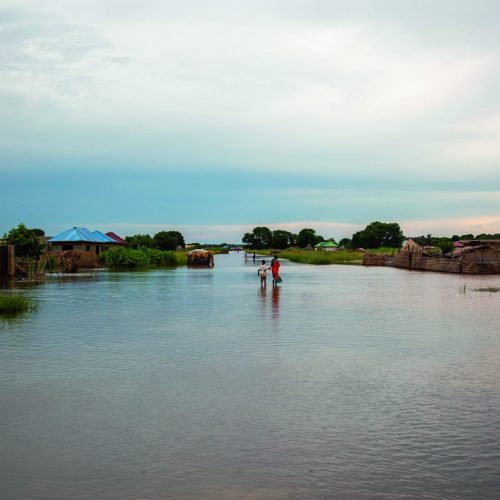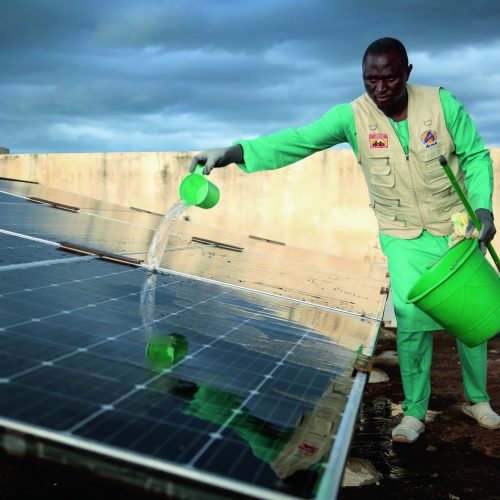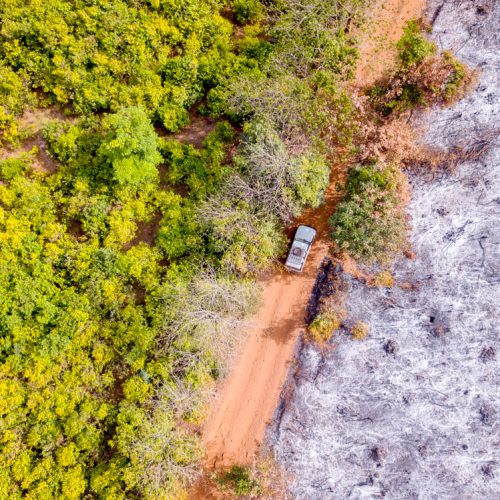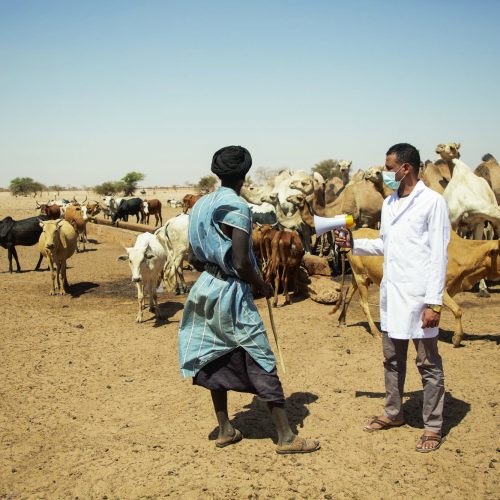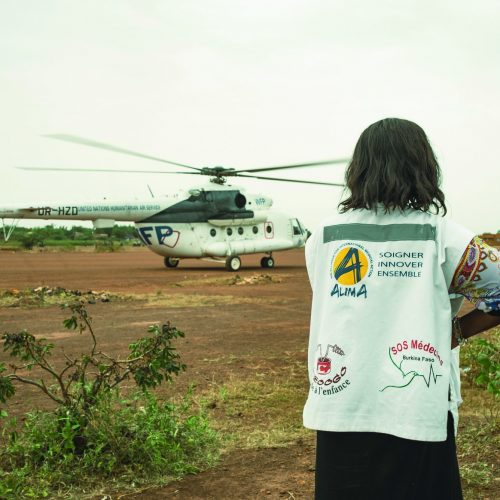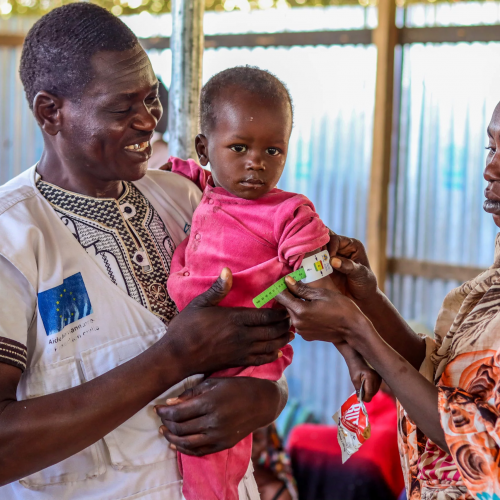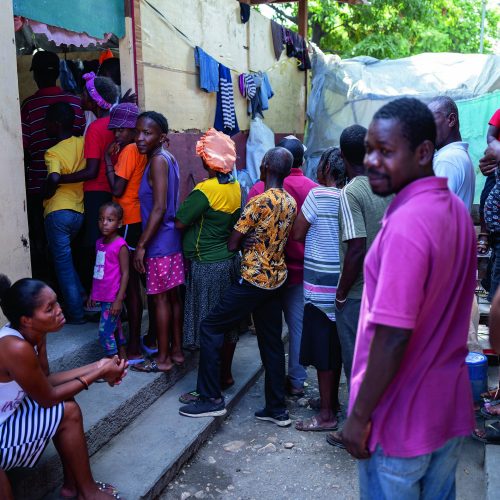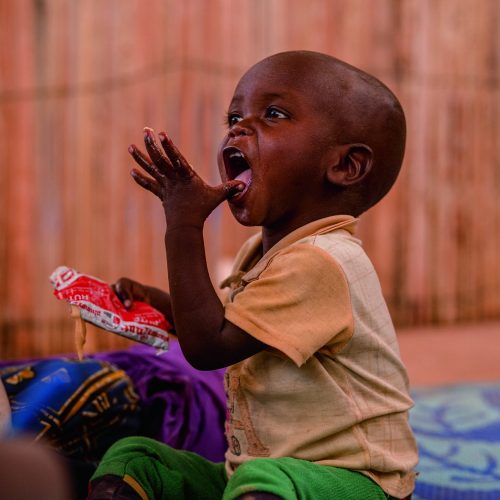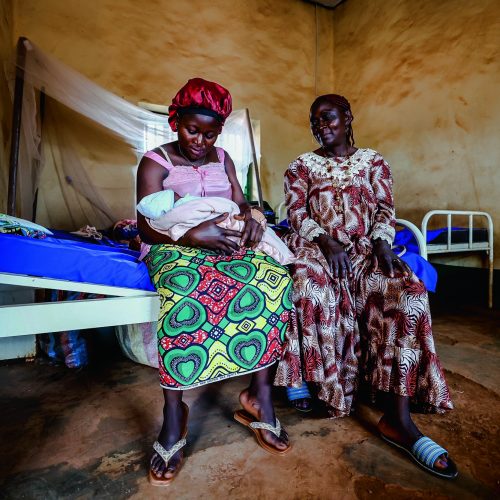Mauritania: ALIMA’s Actions on the Ground
📍 ALIMA presence since: 2019
🛡️ Mission status: ongoing
🏥 Beneficiaries in 2024: 92.230
🔹 Key areas of expertise: Malnutrition | Women’s health | Pediatrics | Epidemics and emerging diseases
Humanitarian situation in Mauritania
Like its Sahelian neighbors, Mauritania is facing a worsening nutrition and humanitarian crisis, exacerbated by the influx of asylum seekers further exposing people to food insecurity.
📌 Key figures of the crisis in Mauritania
- 🌍 Population: 5 million (World Bank, 2023)
- 🚨 People in need of humanitarian aid: 484,000 (UNHCR, 2025)
- 🏠 Internally displaced persons and refugees: 132,200 (UNHCR, 2024)
- 🍽️ People facing severe food insecurity: 347,750 (Cadre harmonisé, 2024)
To address these challenges, ALIMA is strengthening access to healthcare, fighting malnutrition and vaccine-preventable diseases, and supporting vulnerable populations.
Medical aid and humanitarian response in Mauritania
🥣 Malnutrition management and pediatric care
ALIMA’s interventions focus primarily on children under five, through a network of CRENAS (Outpatient Nutritional Recovery Centers for Severe Acute Malnutrition).
The MUAC for Mothers approach, which equips mothers with a simple tricolor bracelet to detect early signs of malnutrition in their children, is widely implemented to improve early detection in rural areas.
📊 In 2024, ALIMA treated 1.976 children suffering from severe acute malnutrition.
🛡️ Support for displaced populations and access to primary care
Mauritania hosts many refugees and asylum seekers fleeing security instability in Mali. ALIMA ensures access to essential care for these populations in extremely precarious situations through support for health centers and mobile clinics.
📊 In 2024, ALIMA conducted 25.368 medical consultations with vulnerable populations.
Highlight project: strengthening access to medical and nutritional care in the Brakna region
🎯 A critical project for vulnerable children and families
In the Brakna region, ALIMA has established a key project to improve access to healthcare and fight malnutrition.
.
📌 Why this project matters
- Critical malnutrition rates requiring an emergency response.
- Difficulty in accessing care for families in rural areas.
📌 Project goals
- Strengthen pediatric and nutritional services in the Boghé and Aleg Hospitals.
- Deploy the MUAC for Mothers approach to improve malnutrition screening.
- Provide support for mothers and children in medical facilities.
By combining community outreach and support for healthcare infrastructure, this project is helping reduce child mortality and build the resilience of local populations.
Testimony from the field: a life-changing partnership
ALIMA's expertise and commitment have been crucial in strengthening our capabilities and improving the quality of healthcare. Thanks to this partnership, we have been able to expand our actions and reach more vulnerable people.
Regional Director of Health, Trarza, partner of the vaccination project
Through close collaboration with local health authorities, ALIMA is improving vaccination coverage and ensuring access to essential care in the most affected areas.
On the ground
Our News from Mauritania
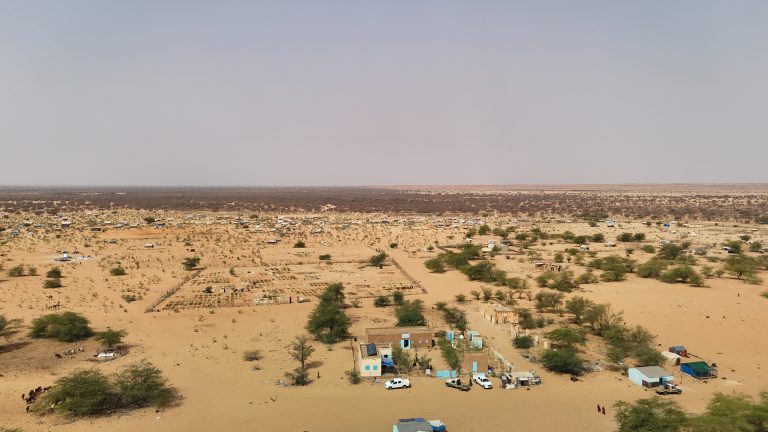
Humanitarian Emergency in Mauritania: “Without support, we will no longer be able to save lives”
For over 13 years, the Mbera camp, located 60 km from the Malian border and over 1,000 km from Nouakchott, has been home to tens
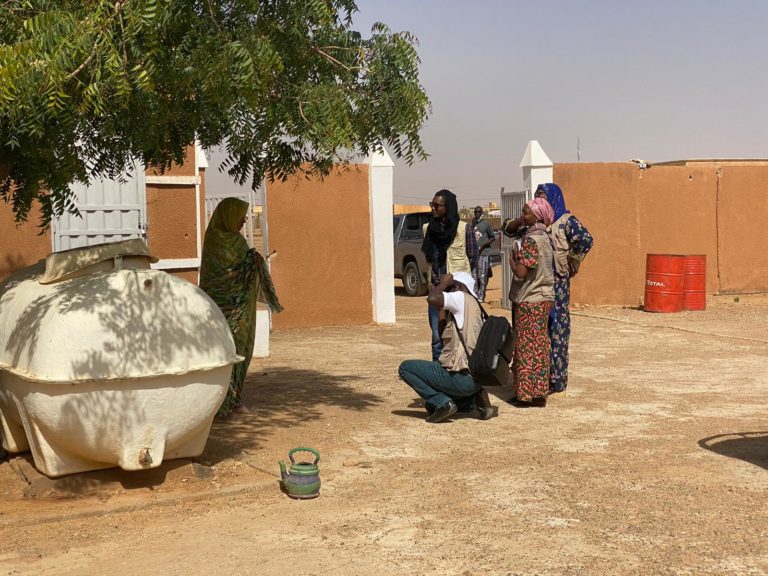
My adventure at ALIMA
I joined the ALIMA team in January 2024. A month and a half later, I was lucky enough to go on a mission to Mali
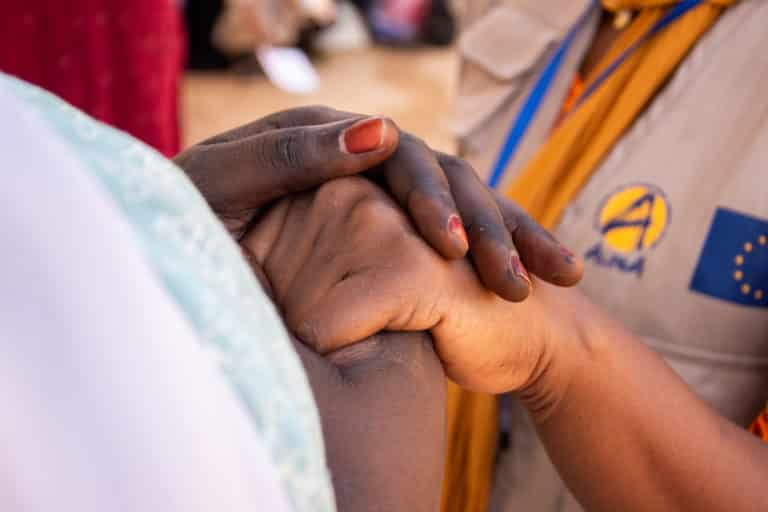
3 Questions for Dr. Pierre Claver Nsavyimana, ALIMA Project Coordinator in Brakna, Mauritania
ALIMA is currently implementing three projects that cover 91 of the 95 health facilities in the region. The interventions primarily focus on addressing issues related

